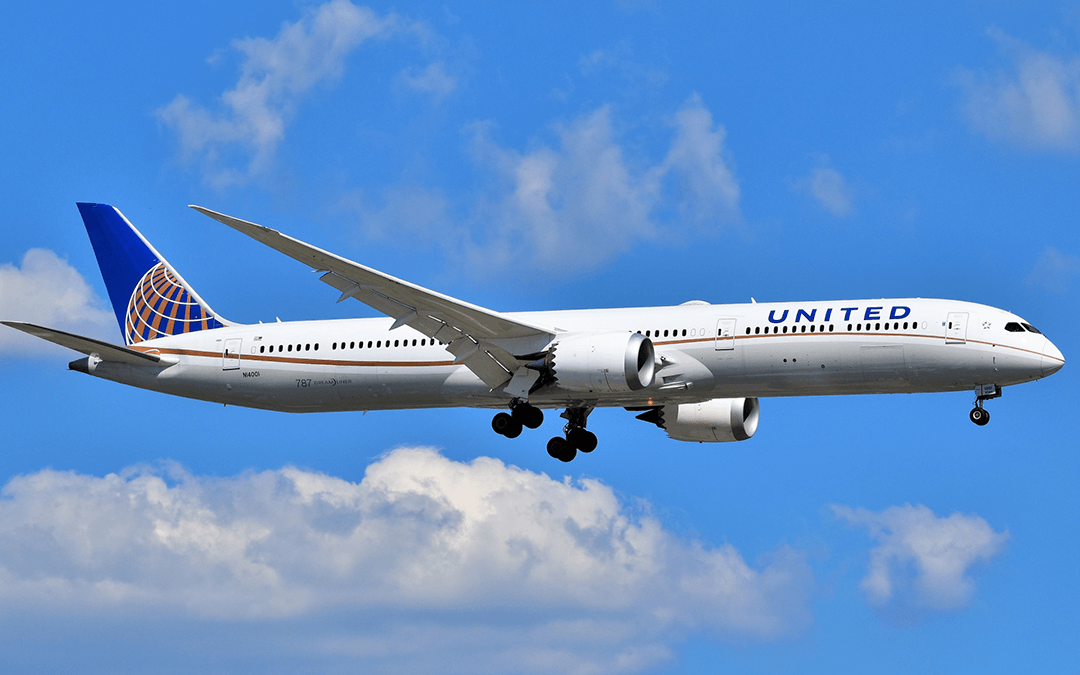
by Eric Price | May 20, 2020 | Airlines, American, COVID, Featured, Featured News, Front Page, Home, Home, MNPL, Uncategorized, United
Shares of several airlines have seen a sharp increase in value over the past week, as more travelers begin a slow return, prompting carriers to add more routes and flights to their schedules. While overall demand remains at critical levels, we now have the first clear...
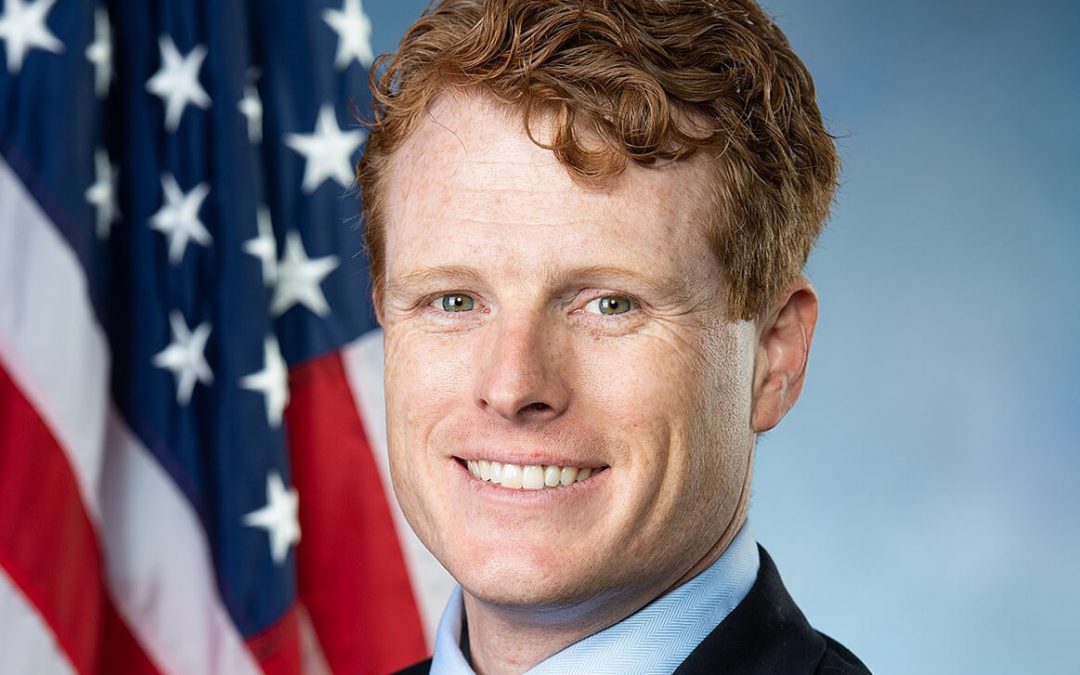
by Eric Price | May 13, 2020 | COVID, Featured, Featured News, Front Page, Home, MNPL
May 12, 2020 Mr. Oscar Munoz Chief Executive Officer, United Airlines, Inc. PO Box 06649 Chicago, IL 60606-0649 Dear Mr. Munoz, I am alarmed by United Airlines’ decision to eliminate 3,400 management and administration positions on October 1, 2020 and reduce...
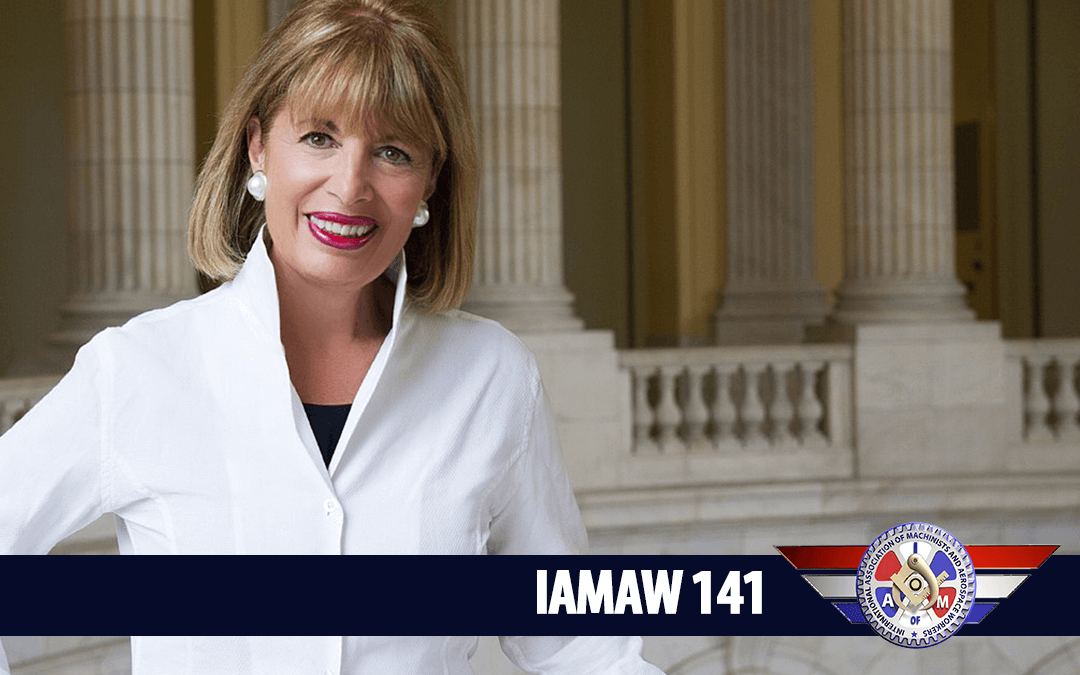
by Eric Price | May 9, 2020 | MNPL
Congresswoman Jackie Speier (D-CA) called out United Airlines for its attempt to furlough thousands of front-line essential workers. The carrier tried the move after accepting billions of taxpayer dollars that it promised to use on payroll costs but reversed course...
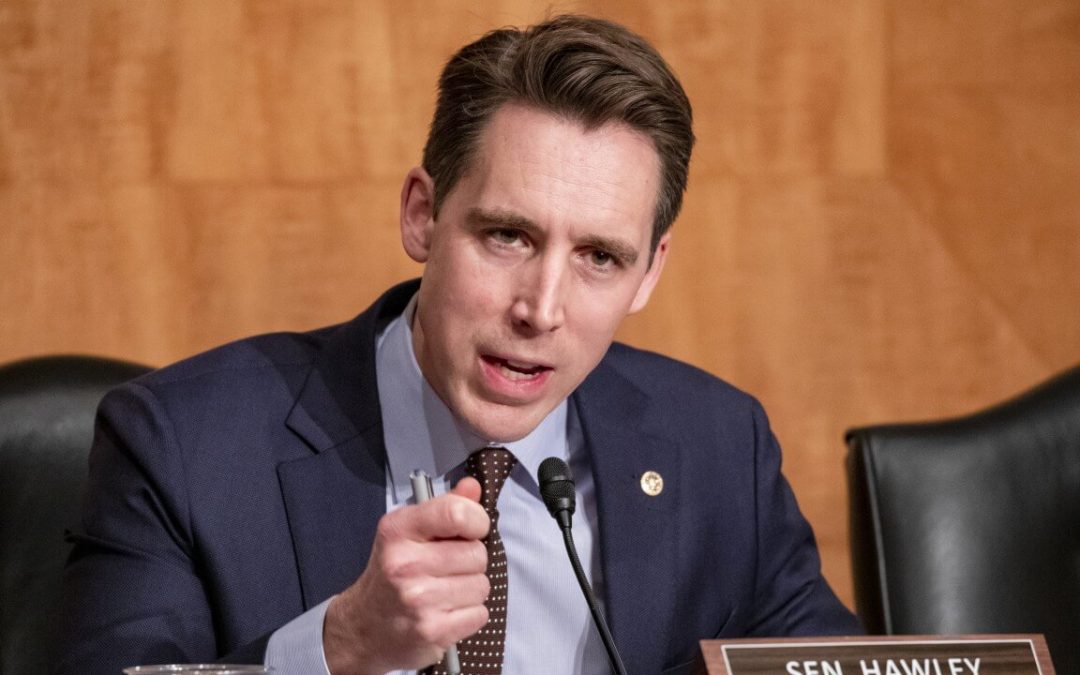
by Eric Price | May 3, 2020 | COVID, Featured, Front Page, Home, Home, MNPL, Uncategorized, United
Senator Josh Hawley issued a warning to United Airlines: use the $5 Billion of CARES Act money to keep your workforce intact… or give the money back. In a series of Tweets, the Republican Senator from Missouri explained how he was approached by several IAMAW members...
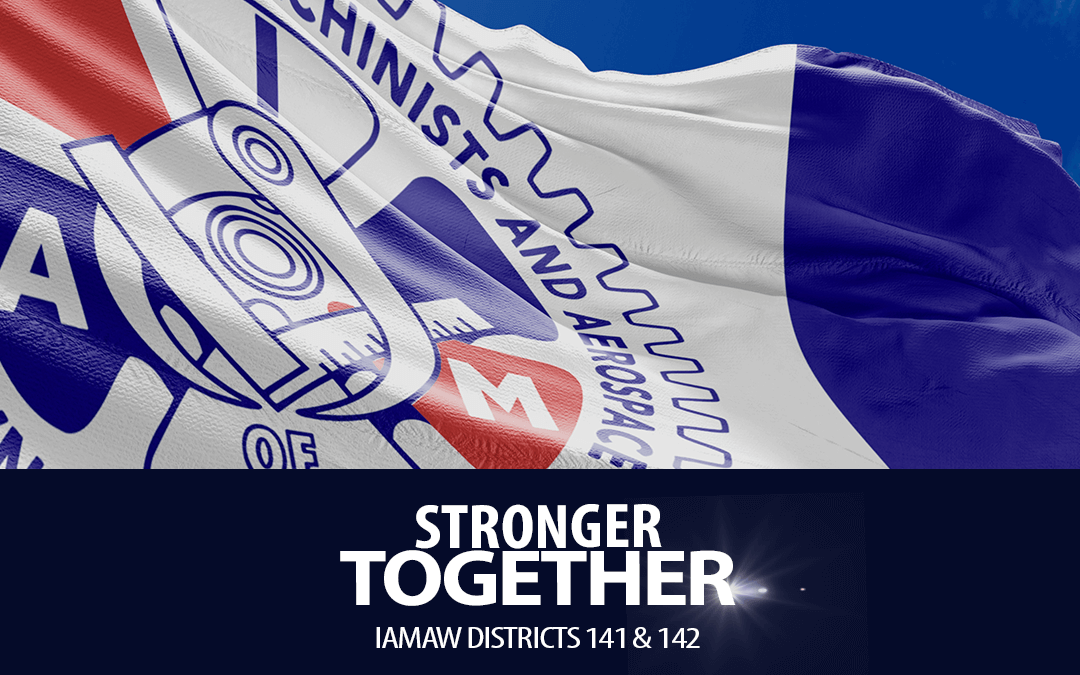
by Eric Price | Apr 23, 2020 | COVID, Featured, Front Page, Home, Home, MNPL, Safety, Safety, Uncategorized
The International Association of Machinists and Aerospace Workers (IAM) today demanded that Delta Air Lines and JetBlue Airways, who received taxpayer-funded federal funds, reverse course and restore airline workers’ pay. “The payroll support component for air...
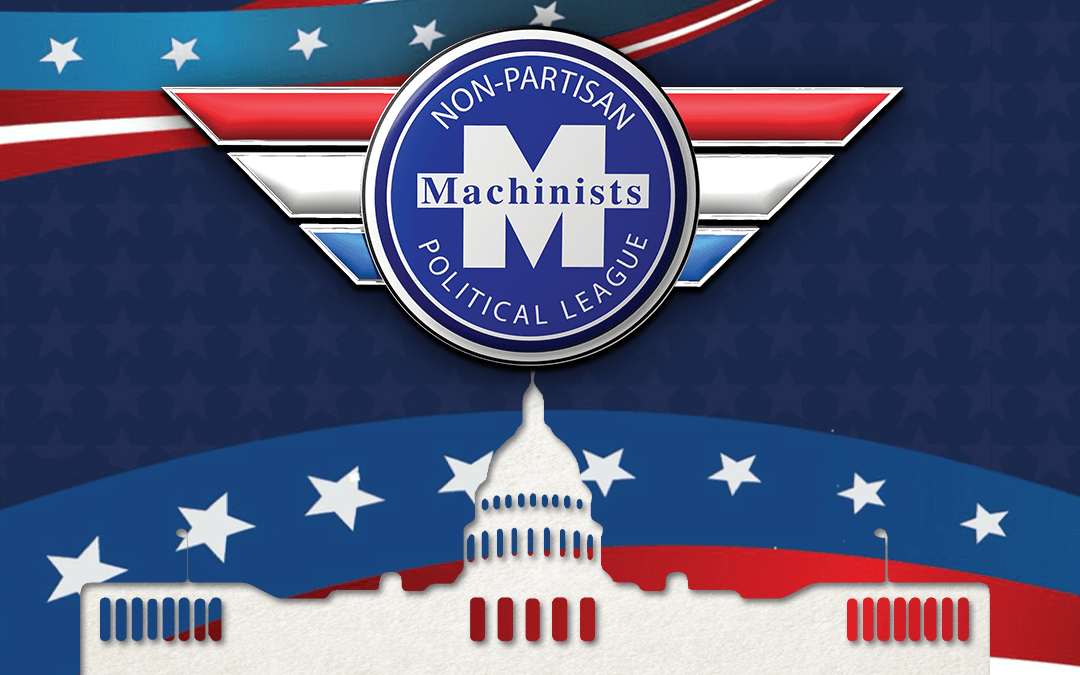
by Eric Price | Apr 17, 2020 | COVID, Featured, Front Page, Home, Home, MNPL, Uncategorized, Video
Explaining the Political Priorities of the Machinists and Aerospace Union, Dist. 141 IAMAW District 141 Legislative Director, Dave Roderick sits down with Dave LeHive to explain how important the work of the Machinists Non-Partisan Political League is during the...







